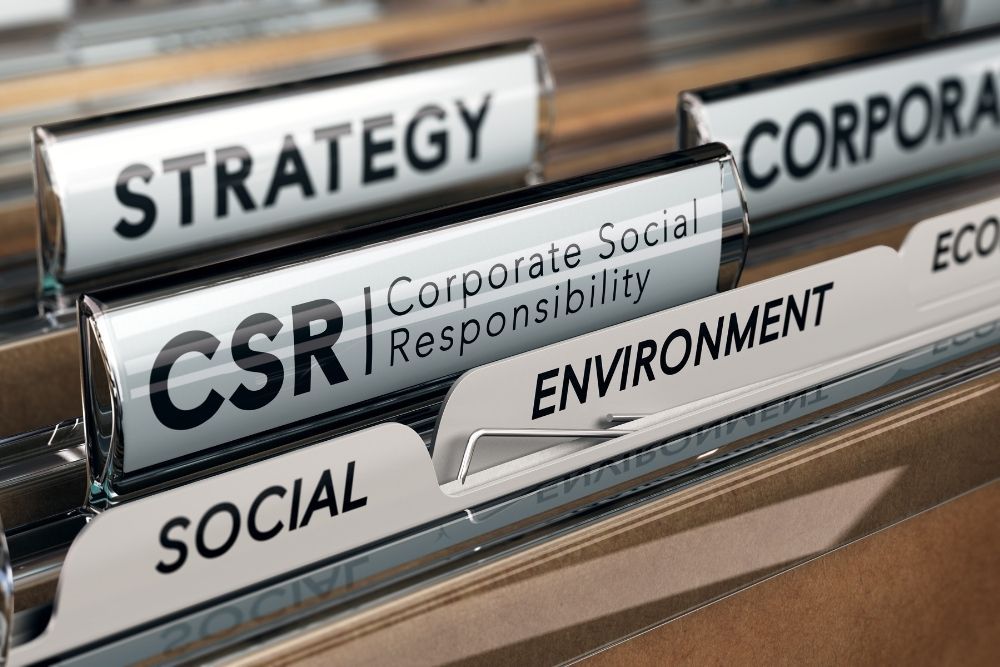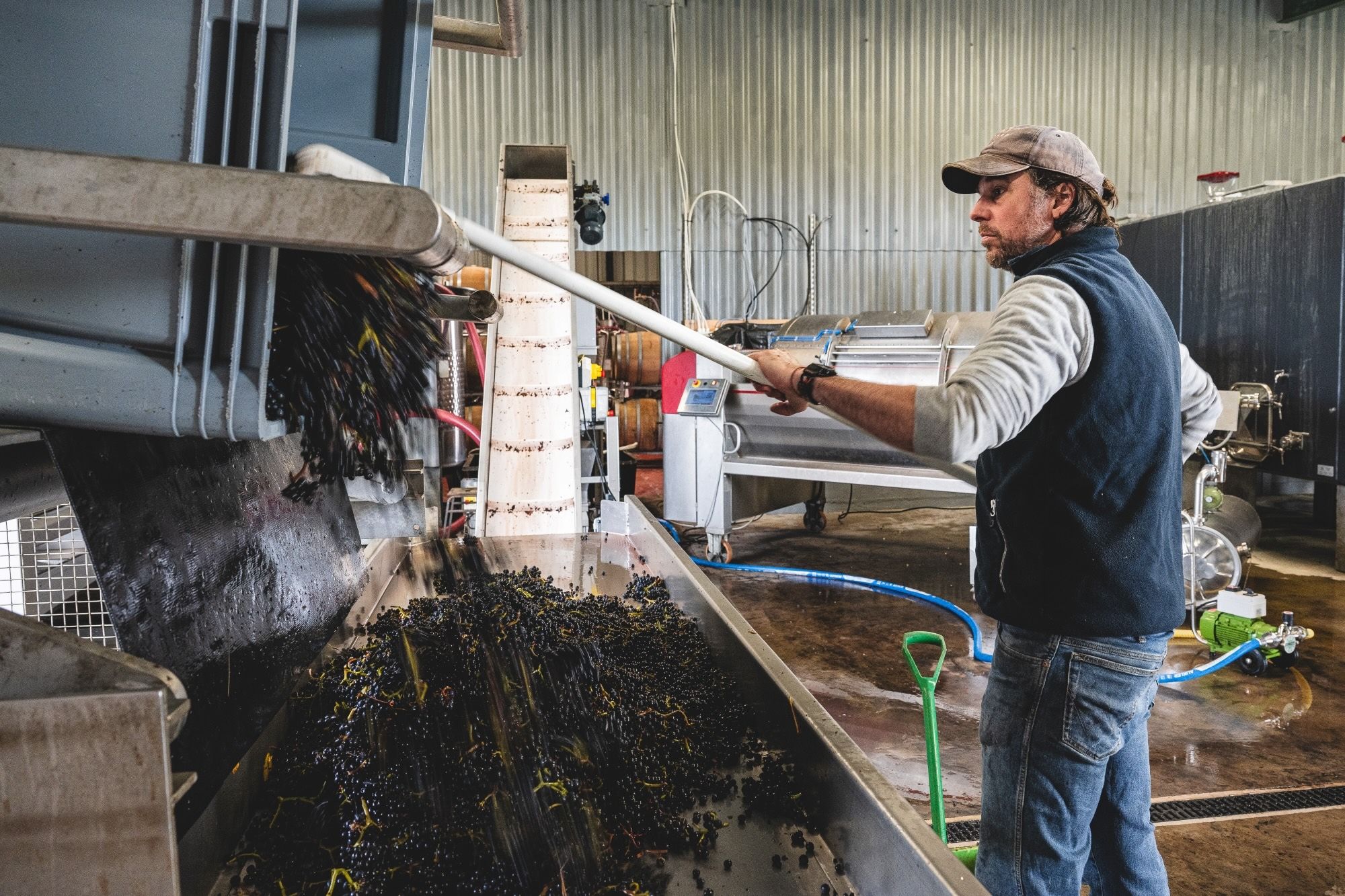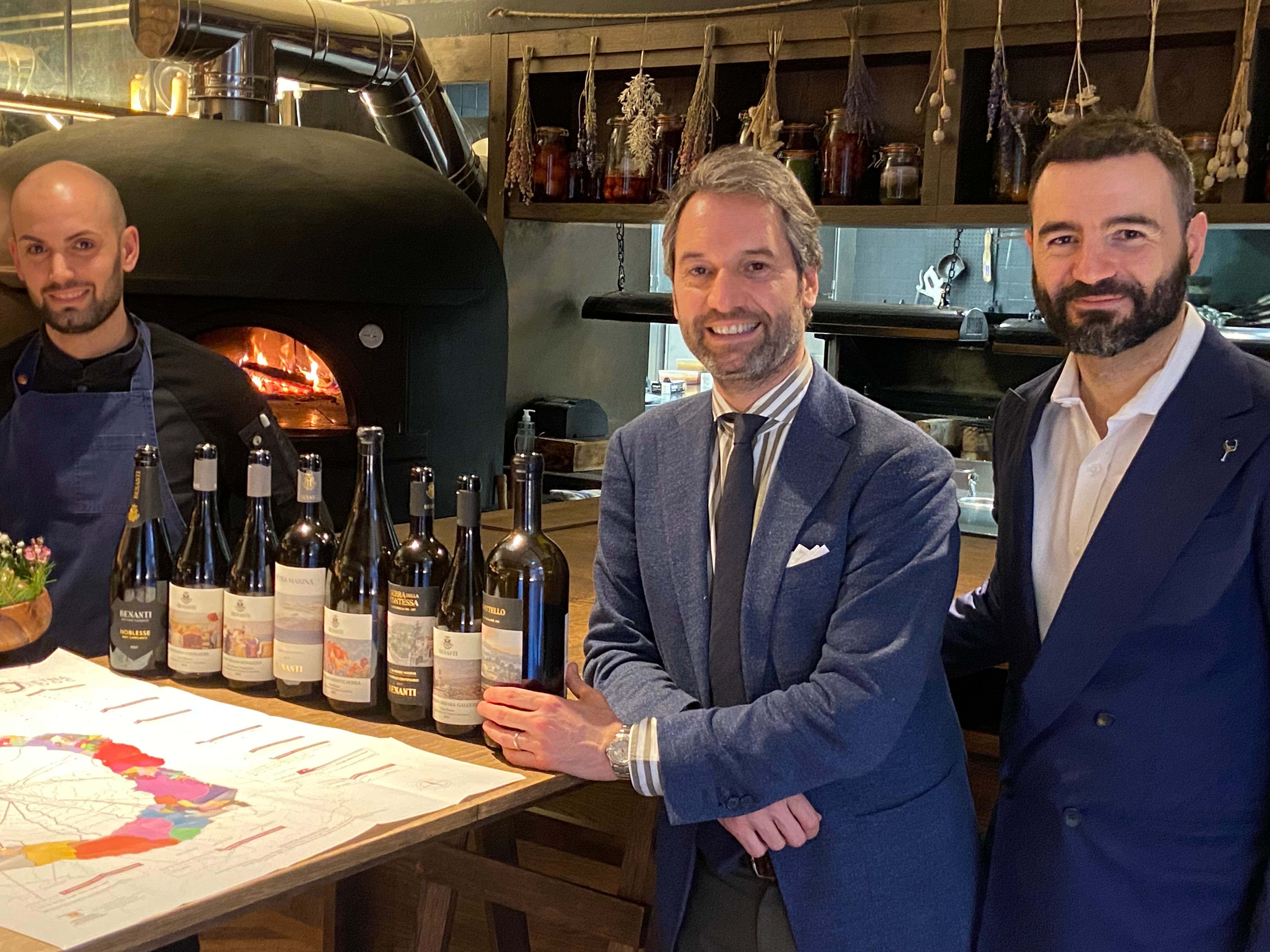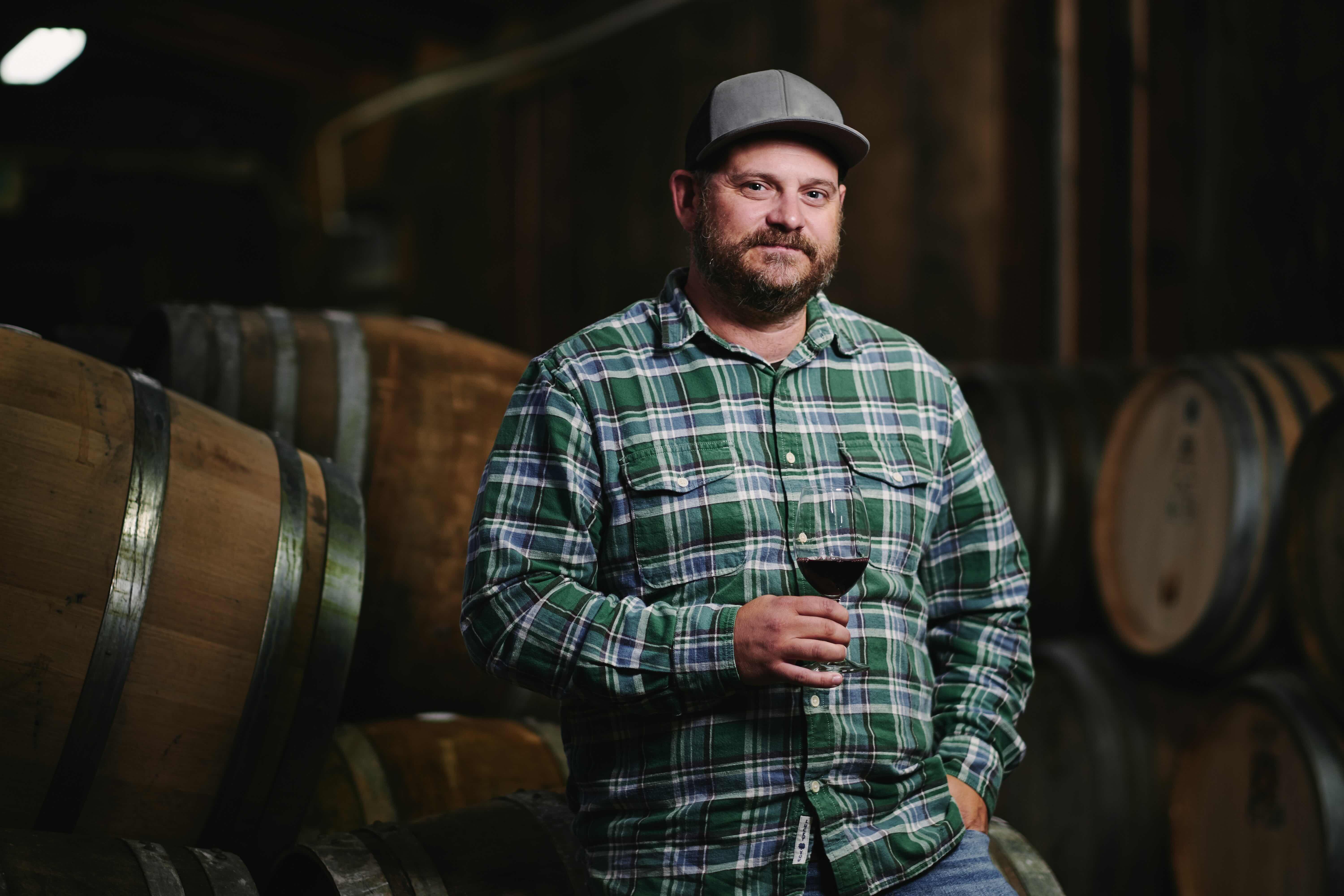“Château Lagrange is one of a handful of producers investing and researching the use of exoskeletons to strap to the vineyard workers to reduce the toll of muscles and joints during the arduous processes or planting, pruning, and harvesting,” writes Turner.
Through my company, Feel Good Grapes, I run private and corporate wine tastings and events. By far the most recurring theme that clients have brought up over the last two years has been the question of sustainability in the wine trade. This is true especially in the corporate tastings, as every client-facing industry in the world is currently trying to prove their own sustainability credentials in the face of consumer demand.
Consumers increasingly want that ‘feel good’ factor of knowing that their purchases or choices are contributing positively. Confusion, however, is rife on what sustainability really means. When asked, my very basic definition of sustainability is “if your company is still going to be doing what it’s doing now in 100 years’ time then you’re on your way.” That’s all well and good for me in a consumer tasting to get drinkers planted with a vague notion, but producers and stakeholders very obviously need a firm definition and one that truly reflects the challenges they face.
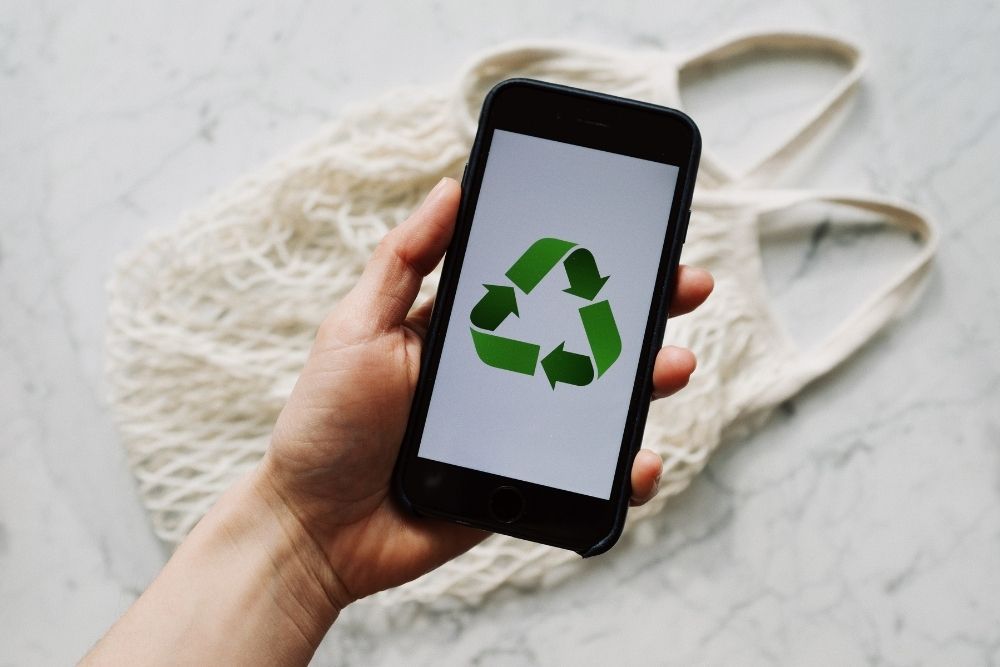
Definition of sustainability
The wine world is dotted with sustainability definitions across the globe. Most of these are compiled and then administered by the wine industry in that region or country, with famous examples in New Zealand or California. In France, however, the government has laid down its own definition; the Haute Valeur Environnementale (HVE) or ‘High Environmental Value’. Assessed across three increasingly progressive levels, it is the basis for all sustainable practices in French agriculture and is being widely adopted in all French wine regions.
With those defined parameters it makes it easier to then promote and push individual vignerons to achieve certification. Winemakers and grape growers of Saint Émilion, for example, must be at HVE Level 2 by 2023 to use the name of the famous appellation on their labels. You need to have achieved HVE Level 3 to apply for either Exceptionnel or Supérieur in the recently reintroduced Cru Bourgeois rating system.
There is, however, a slight problem with using a set of defined parameters designed to cover all agricultural businesses. It excludes the industry-specific and regional-specific issues, especially for regions like Bordeaux where the wine industry clearly needs to incorporate sound Corporate Social Responsibility strategies. It’s that point that such initiatives like Bordeaux Cultivons Demain are attempting to remedy.
What Is Bordeaux Cultivons Demain?
Bordeaux Cultivons Demain is a new, collective approach for a greater implementation of Corporate Social Responsibility (CSR) strategy across Bordeaux. The idea of CSR is nothing new, of course, with ISO 26000 having been established for over a decade. The difference here, however, is that for the first time Bordeaux Cultivons Demain are aiming to repackage it and formalise it with Bordeaux-specific and wine-industry-specific values.
Open to all Bordeaux wine operatives – including winegrowers, merchants, co-ops, etc. – the aim is to support, help structure and then promote CSR activities in the Bordeaux region.
The four pillars of Bordeaux Cultivons Demain are:
- Ensuring the livelihood of the Bordeaux region
- Making the wine sector attractive to employees
- Cultivating dialogue and transparency with stakeholders and consumers
- Preserving the environment
The pilot scheme was launched in 2019. By 2021 there were 13 producers, ranging from the smallest to the largest players in the Bordeaux wine industry, that signed up to be certified for the label.
It has already helped some of the smallest, such as Château Lapelletrie in Saint Emilion, to produce charters, aimed at protecting nature and people, that all its stakeholders must then adhere to. It has also helped much larger organisations, such as Château Lagrange in Saint Julien, to avoid standing still in the face of this rapidly changing landscape. “Certifications allow us to establish action plans,” states deputy director, Benjamin Vimal, “It’s like a toolbox in the company that unites all employees around a common goal and values.”
Ensuring the livelihood of the Bordeaux region
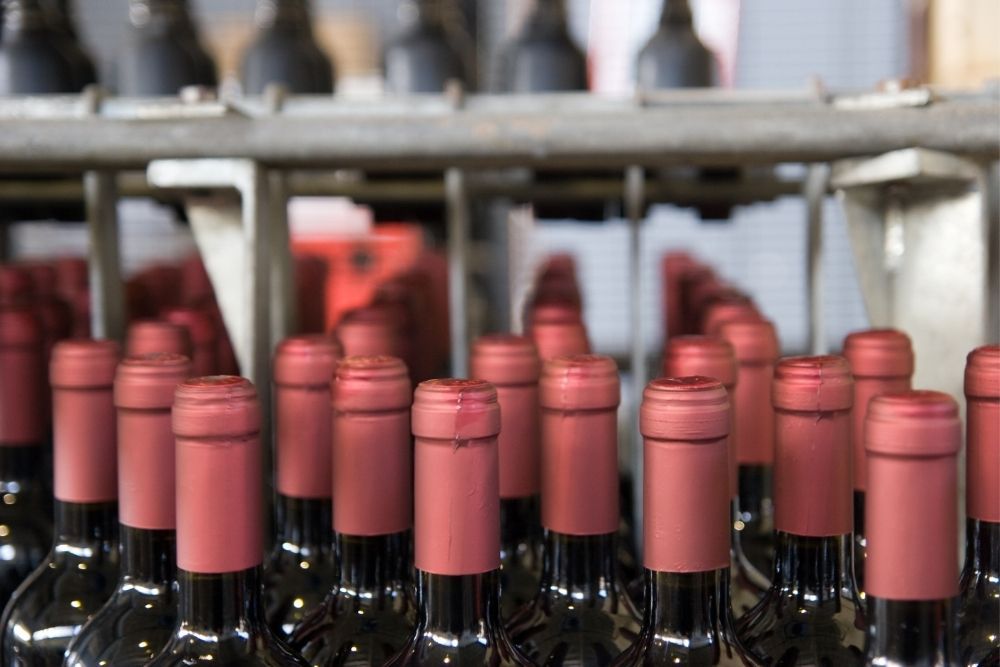
The wine industry is the biggest employer in the Gironde, with over 60,000 direct or indirect jobs. Its impact upon the local economy, culture, and society cannot be understated. Companies within Bordeaux Cultivons Demain are obliged to formally acknowledge that fact and support ties with local businesses.
For Castel Bordeaux, it’s directly with their business transactions. It uses local companies in all procurement decisions for their large wine bottling base in Blanquefort. For Château De La Rivière in Fronsac it is more indirect, with its launch of the Conflient D’Arts Festival in 2017 that utilises 70 volunteers from the local village of just 300 inhabitants. It really showcases the buy-in to and from the local community.
Wine tourism plays a huge part in the economics and awareness of a region. Château de la Rivière’s wine tourism activities welcomes up to 20,000 people per year, all spending precious tourist dollars in the local bars, restaurants, and hotels. Just down the road in Fronsac is the biodynamic Château de la Dauphine, that uses its own wine tourism to showcase the local environmental eco-system.
Making the wine sector attractive to employees
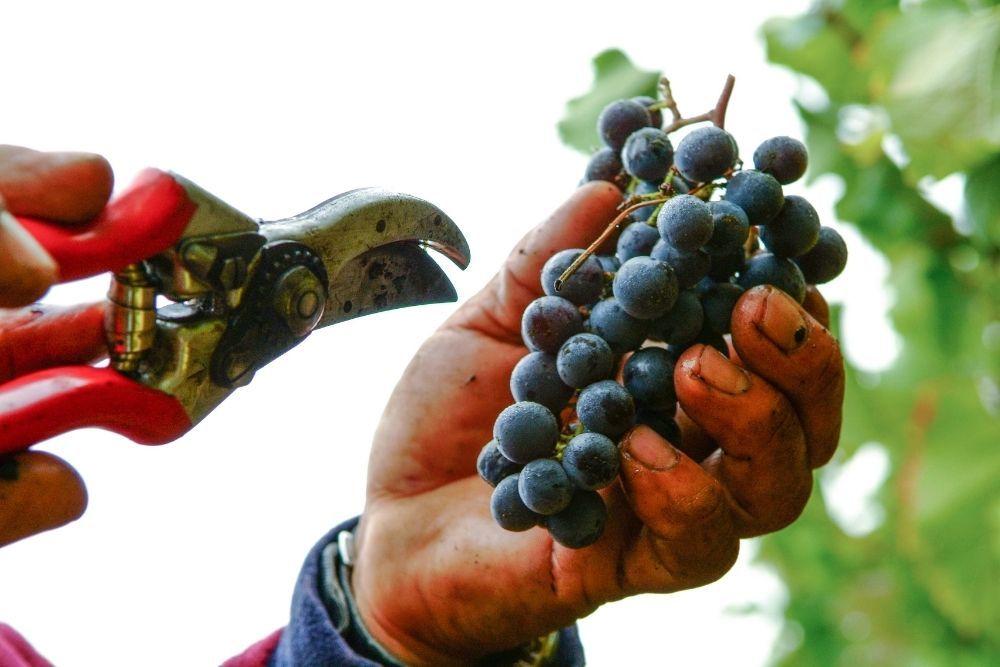
For an industry that relies upon the hard work of over 60,000 people, continuing to make the wine sector an attractive proposition to a future workforce is crucial. As Xavier Busso of Château De La Riviere states, “it’s about more than simply a salary.”
Social initiatives have helped disadvantaged people learn that the wine trade has a role for them. Vignobles Rousseau works with intellectually disabled or behaviourally difficult young adults in conjunction with the Jean Ellen Jambon medical-socio centre in Coutras. Fifteen students each year learn a wide range of skills on-site giving confidence and showing that their own personal “sustainable future” is there for them, and within the wine industry.
Many strategies look to increase awareness for certain job roles, from bottling and storage to logistics and IT. The Ducourt Family in Castillon and Saint Émilion, runs temporary role-plays for their staff in which office workers and vineyard workers switch roles to greater appreciate the challenges each other face in their daily work. In what continues to be a male-dominated workforce, Famille André Lurton promotes roles within its factories and bottling lines, such as forklifts and tractor drivers, to women to address the gender balance in all segments of its organisation.
It is also hugely important to look after the staff that you’ve already got. At Jules Lebègue in Saint Èmilion, employees are encouraged to suggest “small scale” projects to improve their time at work. This has led to the introduction of an on-site ‘grow your own garden’, beehives, insect hotels, and team sports. Workers at Chateau De La Dauphine have received a boost to their mental wellbeing from the arrival of 200 ewes from Béarn, who are offered the vineyard lands during the five months of winter. Château Lagrange is one of a handful of producers investing and researching the use of exoskeletons to strap to the vineyard workers to reduce the toll of muscles and joints during the arduous processes or planting, pruning, and harvesting.
Preserving the environment
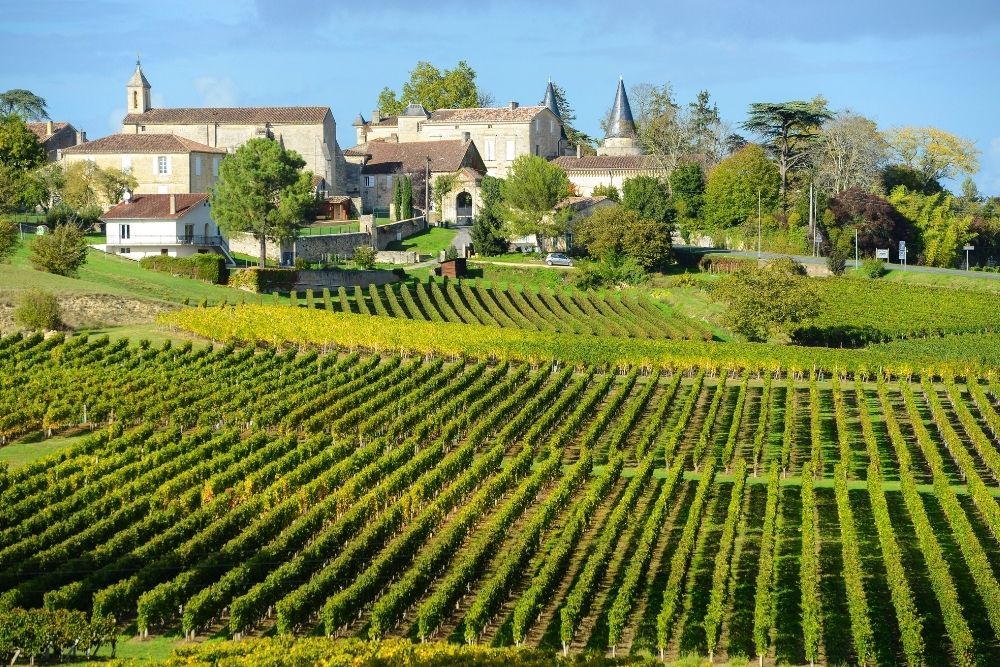
The move across Bordeaux to more ecologically sound practices in the vineyards and in the surrounding areas has been impressive in its speed. By 2021 around 75% of vineyard area was certified as (at least) one of: organic, Terra Vitis, or HVE from a base of just 35% in 2014. From pest management and soil regeneration, all the way to waste management and composting, circular farming is beginning to surface in the vineyards of Bordeaux.
Increasing biodiversity in an infamously monoculture industry is key. Château Luchey-Halde, in Pessac-Léognan, has set up a market garden project with Mérignac Town Council to increase both biodiversity, and to provide produce for nurseries and schools in Mérignac. They also manage four hectares of land dedicated to the protection and conservation of the critically endangered Landes ponies.
Cultivating dialogue and transparency with consumers
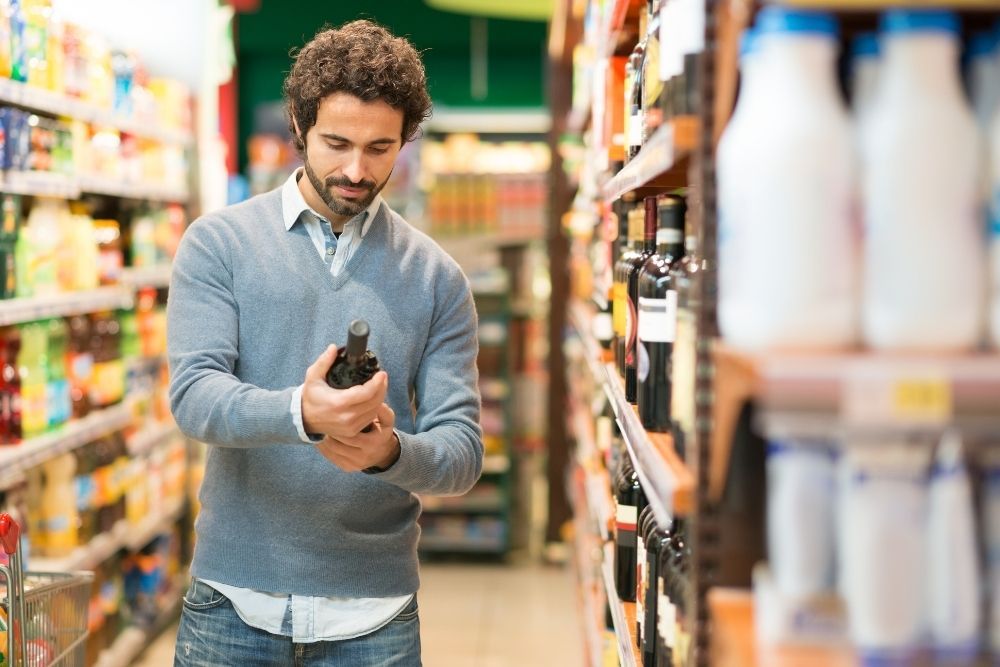
Ultimately your industry is only sustainable if you can stay relevant to your consumer. The wine trade has always been aware that the ability to give the consumer more knowledge leads to a much greater buy-in and enjoyment for your product.
It’s to that end that Maison Johanes Boubée, part of the Carrefour Group, is set to launch Blockchain technology on their wine labels. Blockchain is an aid to traceability, with every stakeholder’s input digitally recorded as part of the supply chain. A QR code on the label will eventually allow you to know a range of details, from how the harvest tractor was powered all the way to what day of the week the wine bottle was put on the shelf. That knowledge is hugely empowering for someone facing hundreds of bottles in a supermarket wine aisle.
Future-proofing Bordeaux
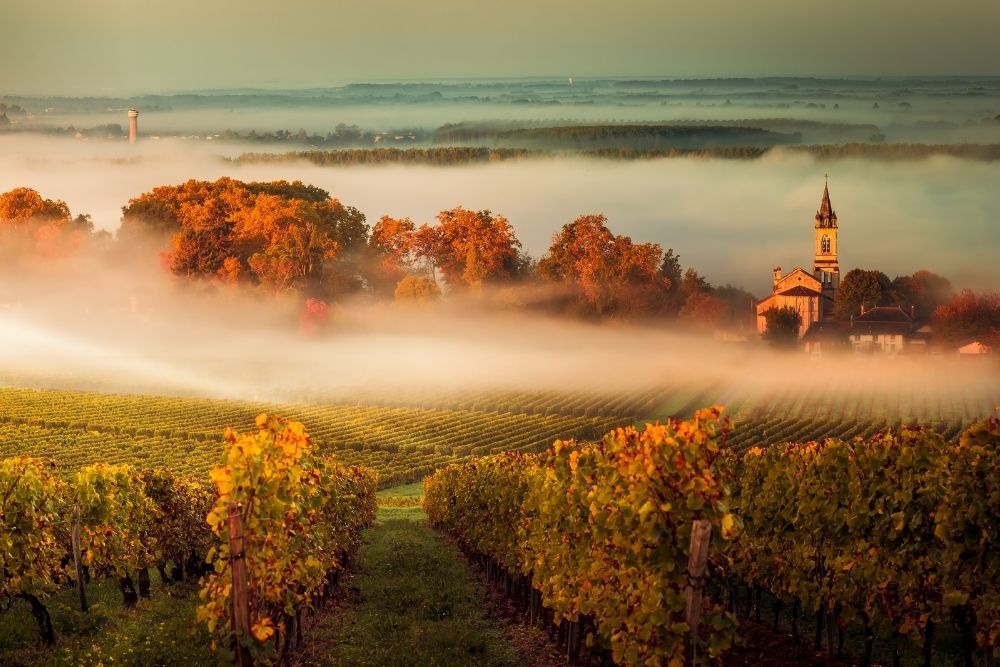
I fear the word ‘sustainability’ is destined to be continually used, abused, and often misunderstood across the global wine industry. There are just far too many parameters for any one definition to be followed. But the social responsibility of the wine industry in areas like Bordeaux, where it dominates everyday life as much as it does, is an essential addition to any local definition.
Initiatives such as Bordeaux Cultivons Demain highlight this issue and encourages teamwork between companies, both large and small, to tackle this head on. We watch with anticipation for more producers to join and bring fresh ideas year-on-year, all in the service of future-proofing the wines of Bordeaux.
For more information on Bordeaux Cultivons Demain, please contact Claire White at Cube Communications.
Mike Turner works as a wine writer, educator, presenter, and judge through his company Please Bring Me My Wine. He also runs a wine events and e-commerce business, Feel Good Grapes (www.feelgoodgrapes.com), from his base in the East Midlands.
